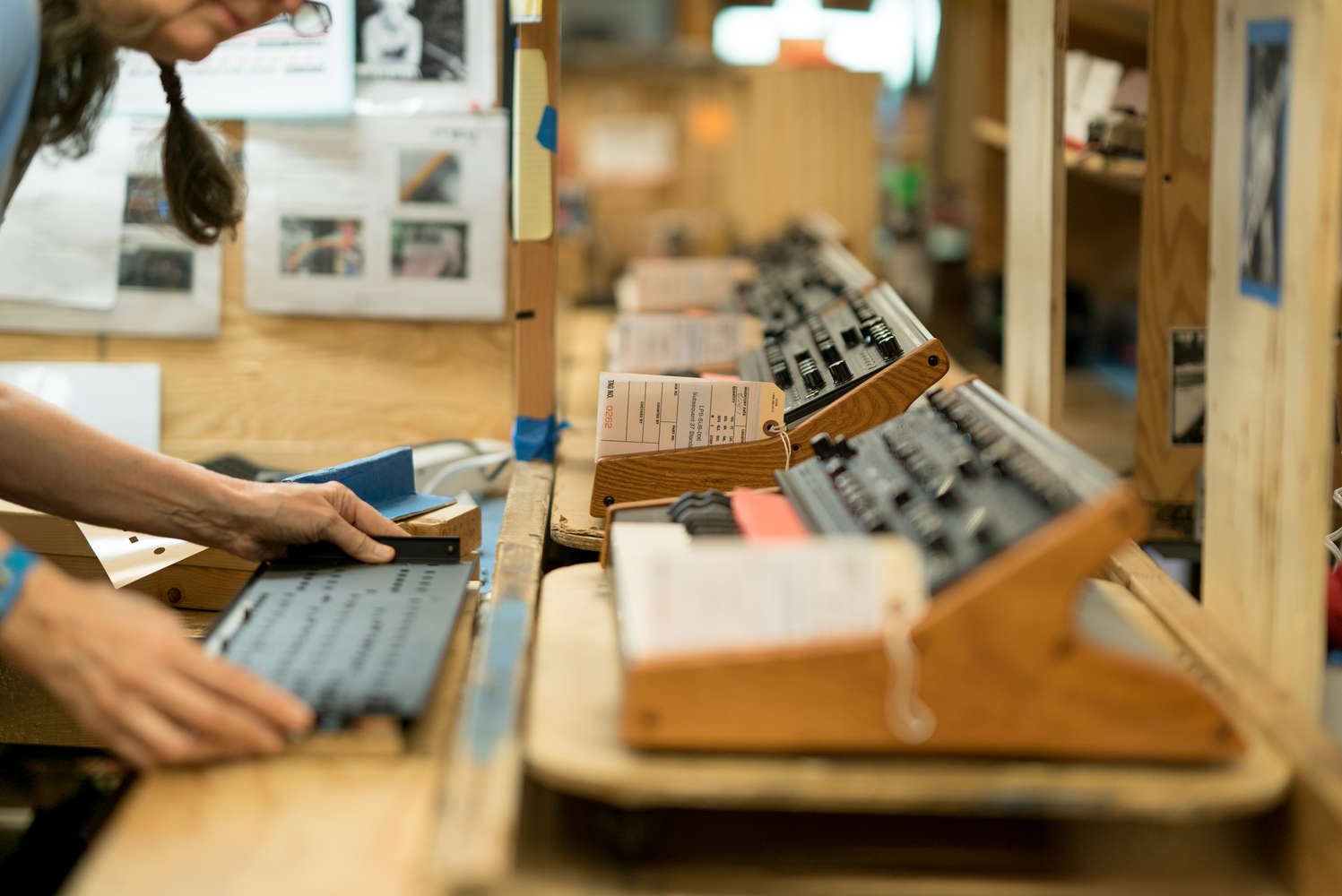The creator of Netflix’s hit dating show Love Is Blind defended the show against former contestants’ allegations of poor, exploitative working conditions and rebuffed one woman’s claim that she told producers she was having suicidal thoughts while filming.
In an interview with Variety, Chris Coelen, who also serves as CEO of Love Is Blind’s production company Kinetic Content, addressed the array of accusations that have been leveled at the show over the past few years. In 2022, former cast member Jeremy Hartwell sued Netflix and Kinetic Content over accusations of “inhumane working conditions” and poor wages for a grueling schedule. Earlier this year, other contestants shared similar claims with Insider, including Season Two cast member Danielle Ruhl, who said producers pushed her to remain on the show, even when she had a panic attack and expressed concern that filming was exacerbating her anxiety.
“I kept telling them, ‘I don’t trust myself,’” Ruhl said at the time. “‘I’ve tried committing suicide before. I’m having suicidal thoughts. I don’t think I can continue in this.’”
Coelen, however, claimed that Ruhl “didn’t inform the production team that she was having any thoughts of self-harm,” adding: “If she had, we wouldn’t have continued to film with her,” he said. “She never asked anyone in production ever to leave the show. She was free to leave the experiment at any time, as many participants have in the past.”
While Ruhl maintained her side of the story, she did seem to acknowledge some confusion over another claim: That she mentioned her history of mental illness and a previous suicide attempt during her psychological screening for Love Is Blind. Coelen denied this, saying, “These are very serious issues that she describes, and if her recent allegations about her mental health history are true, unfortunately she didn’t disclose this before filming.”
And in response, Ruhl said: “It wasn’t something I specifically noted in the application itself. I had conversations with producers. I had conversations with therapists, but to their point, it was nothing that had been written down, so whether or not something had been communicated to them, I don’t know. I will admit that, at the time of filming, I did say that I was in a really good mental space.”
Editor’s picks
Coelen further asserted the show’s commitment to providing mental health support both during the initial phase of the show when contents are getting to know each other and later when couples move in together. He added that Kinetic both encourages, and offers to cover the cost of, therapy for participants after the show has ended.
“We consistently reiterate to people at the end of their time in the experiment, ‘We really urge you to seek aftercare,’” he said. “Even for people who don’t feel like they ‘need it,’ I encourage it, because I think you’ve spent a lot of time here talking about your feelings, and to all of a sudden just stop talking about your feelings, to me, would not be the best course of action.”
Elsewhere, Coelen denied the claim that cast members who left “without producer approval” were required to pay a $50,000 fine. He said such a clause was in the contracts for the early seasons and that it “goes back to the earliest days of unscripted television” but that it “doesn’t apply to our show… We never have enforced it. We’ve never threatened to enforce it.” (The penalty clause, he added, has since been removed from the contract entirely.)
And Coelen also responded to the claims — that were especially prevalent in Hartwell’s lawsuit — that cast members were not provided enough food and water while being subject to long shooting hours and sleep deprivation. Coelen did acknowledge there are some rather strict on-set rules — denying access to phones and internet, confining contestants to hotel rooms — to keep cast members isolated and ensure they don’t see each other before meeting. But, Coelen claimed, the producers are “really transparent about the detail of what participating in Love Is Blind entails.”
Trending
Related
As for the claims about a lack of food, he said the cast is provided with multiple catered meals a day and has regular access to bottled water and working sinks. He further insisted that he encourages contestants to drink alcohol responsibly while filming: “Every season, I say, ‘Listen, we’re here to try to make you and this journey feel as comfortable as possible, so that you have the opportunity, for real, to fall in love with someone. I personally recommend that you don’t drink to excess, because I personally don’t think that’s a good way to connect with your potential spouse — especially doing it through a wall. Whether you want to drink or don’t want to drink, it’s up to you.”
Hartwell, for his part, backed up the claims in his lawsuit, saying, “I affirm and stand by the allegations as stated in the lawsuit. I will continue to act in the best interest of the class in the pursuit of truth and justice. I have no further comment beyond this as the evidence and eventual outcome of the lawsuit will stand on its own merit.”




